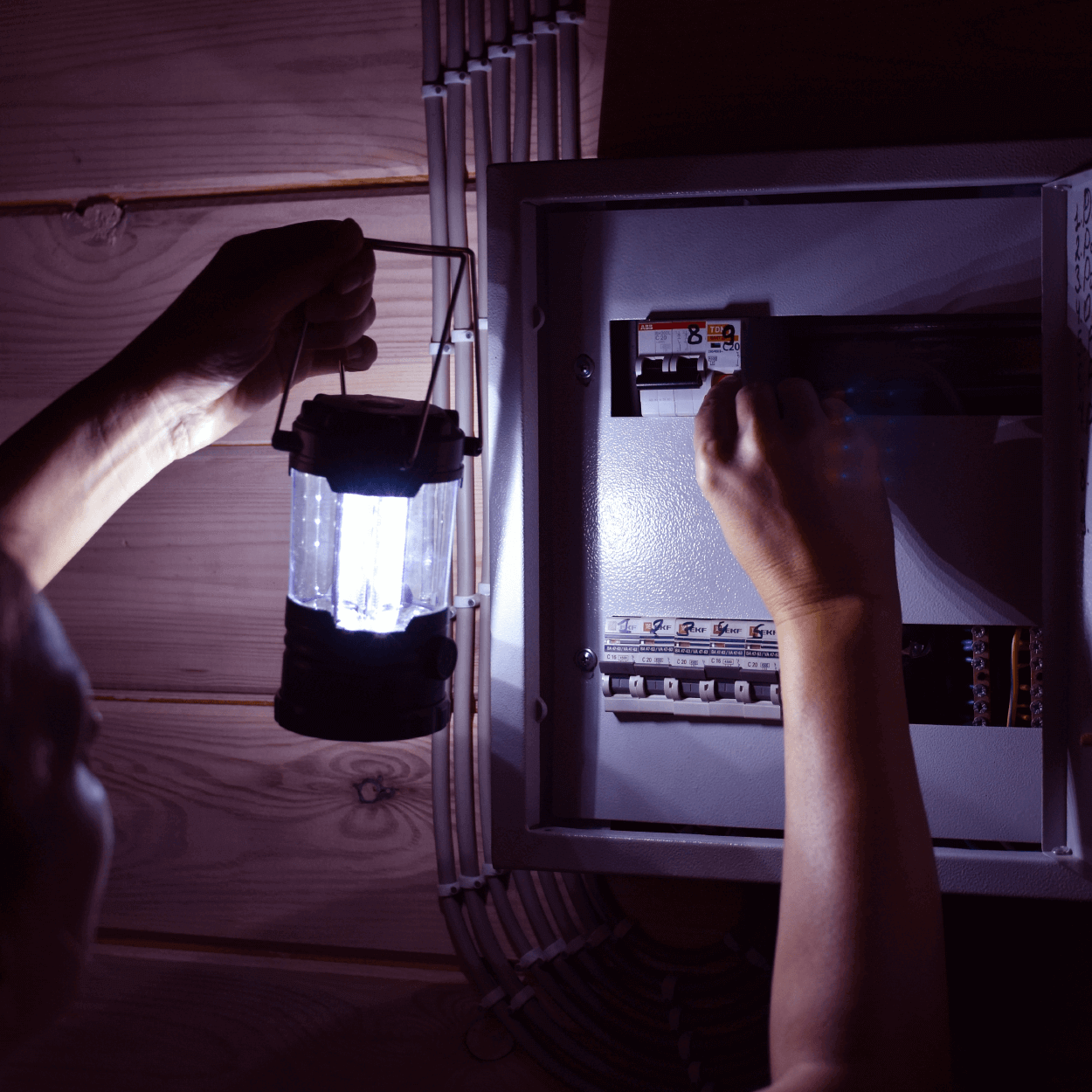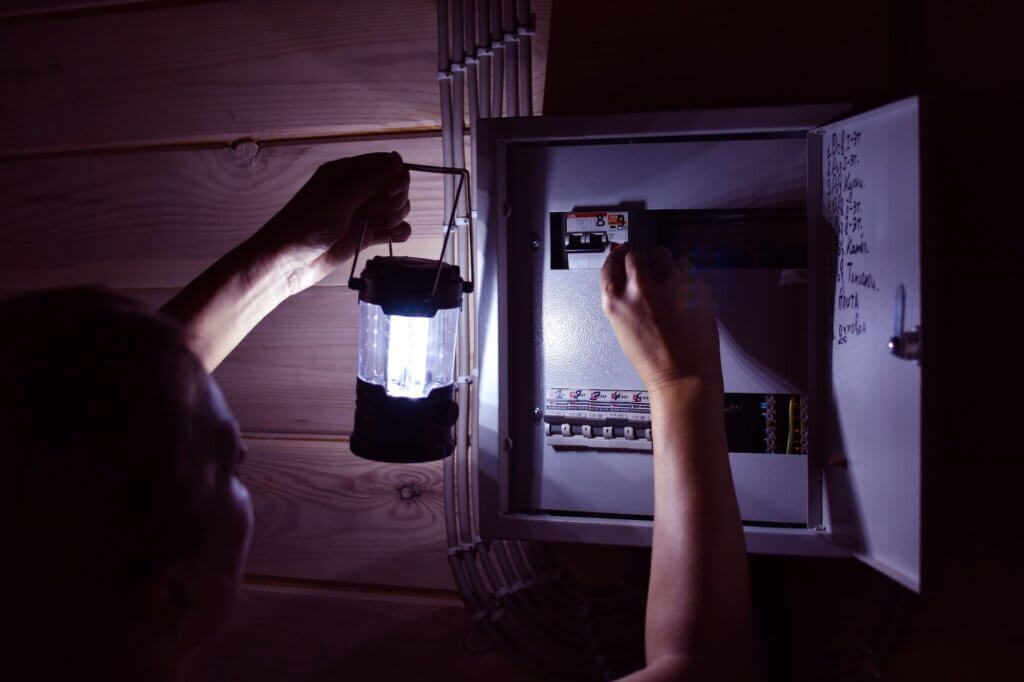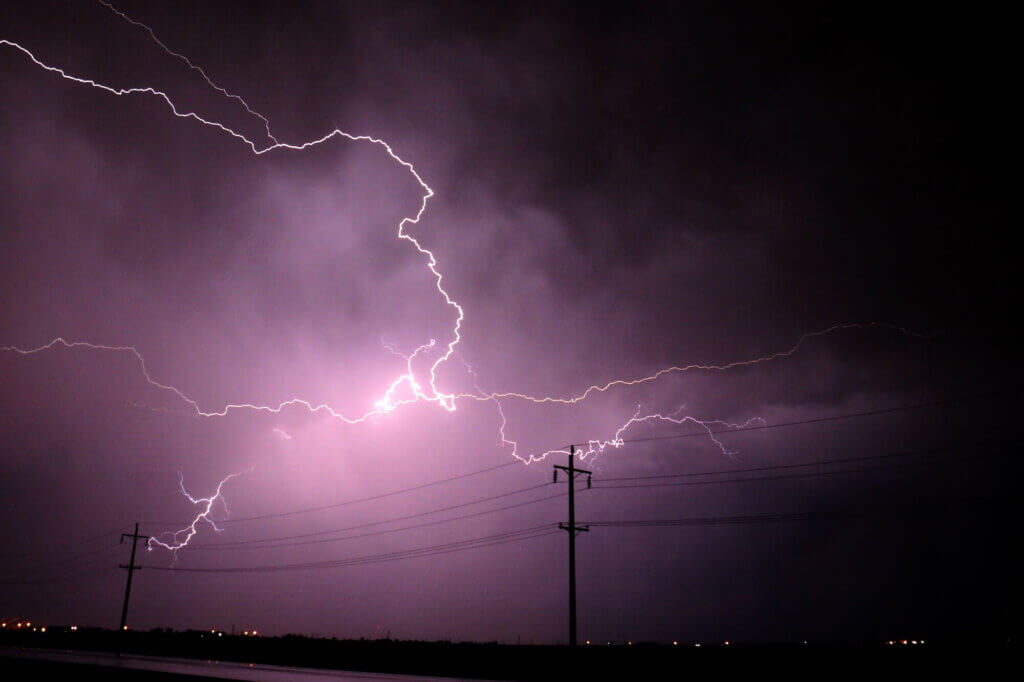
When making the switch to solar, the goal is always for your PV system to continually produce at optimal levels without needing to pull additional power from the utility grid. However, unpredictable weather conditions and other unforeseen circumstances are inevitable.
It’s natural to wonder how weather and other extreme situations could affect your customized solar system. What happens when the sky is cloudy for a week? How does the system handle surges or downed power lines? Do solar panels work during a power outage or a prolonged blackout? These are all questions you may ask when evaluating the comfort and safety of your family in any of these events.
How Reliable are Solar Panels?
A recent study conducted by the National Renewable Energy Laboratory (NREL) on solar panels installed between 2000 and 2015 showed only a 0.05% failure rate out of 54,500 home solar systems tested. Solar technology has continued to improve, offering an extremely high level of reliability—which is maximized by Blue Raven Solar’s commitment to installing high-quality solar equipment.
This reliability is not compromised by cloudy weather either. Much like how you can get a sunburn on an overcast day, your solar panel system will still convert photons into electricity when it’s cloudy. Though heavy cloud coverage will lead to a dip in energy production for the time being, your system’s overall annual production should average out to meet or exceed your home’s energy needs. We use advanced tools and geographical historical data to account for weather trends in your area and design your system accordingly.
For the times when your energy usage does outpace your solar system’s power production, being connected to the utility grid ensures you still have access to the electricity you need. With local incentives such as net metering in some areas, you may earn credits for the extra energy your system produces when during “peak sun hours” to offset any energy you need to pull from the utility grid at other times.

Blackouts and Power Outages
When the lights do go out, the problem often lies outside of your photovoltaic system. Power outages can happen for a number of reasons—from weather damaging power lines to problems at power plants leading to widespread blackouts lasting hours, days, or weeks.
In situations where an outage lasts for more than a few hours, the best hope for any house connected to the utility grid is a battery-charged portable power station or a generator—which can be gas-powered or solar. These work well to restore electricity to the home in short bursts to keep temperatures within a safe range, allow plumbing to function, and keep the refrigerator and freezer cold enough to ensure food doesn’t spoil. However, these are short-term solutions. If an outage stretches longer than a day or so, problems can begin to mount, particularly if access to supplies becomes limited.
But what if your home is solar-powered? One of the main benefits of switching to solar power is reducing or possibly eliminating your reliance on the power grid. However, this still leaves the question of what to expect from your system when the grid goes down. How does solar hold up during a blackout? Do solar panels work during a power outage and what are your options for keeping the lights on when everything else goes dark?
Do Solar Panels Work During a Power Outage?
The simplest answer to this question is no. A standard solar system connected to the utility grid will go down when the grid is down. This is because a live electrical connection during an outage would be hazardous for workmen when making repairs on electrical systems and powerlines. To protect their safety, any grid-tied system is designed to shut down when there is an outage.
Blue Raven Solar installs all of its systems on the grid because it is almost always the most energy and cost-efficient way to power a home. However, this doesn’t mean you need to resign yourself to completely losing power any time the grid goes down.
As we noted above, a gas or solar generator is an affordable option, lasting for a few hours. But it’s important to know these generators can damage your solar system if both are running simultaneously. If you opt to keep a generator on hand in case of a power outage, consider having it professionally set up to avoid causing long-term problems to your rooftop solar panel system.
If you’re looking for an option which works better with your solar panels, there is a way to keep consistent power to your home in the event of a blackout—and it’s as simple as installing a battery.
Batteries and Other Home Storage Systems
Normally, when a grid-tied system generates more electricity than the home needs, the excess energy is sent back into the utility grid and used by someone else. However, instead of sending excess energy to the grid, you can store it in batteries, providing backup power when your home’s energy usage exceeds solar energy production.
With a solar battery, your system will detect the power outage and disconnect from the grid, automatically switching to battery power. Your battery will continue to recharge as normal as long as power usage doesn’t exceed solar intake. With a solar panel array designed to meet or exceed your home’s energy needs, this setup will ensure your home has power through a blackout.
Though solar battery storage is the most common solution offered by Blue Raven Solar, there may be additional options available in your area. Ask your solar expert about the best home storage solution available to you.

Weathering a Power Outage with Your Solar System
A home storage system offers benefits whether or not the power is out. For many solar owners, having a battery backup enables them to achieve their energy and electricity goals. There are also additional tax incentives offered in many states for using renewable energy, including battery systems.
The true benefit of a home storage system will become apparent the first time there is a power outage in your area. The security of knowing you will continue to have access to electricity for your home no matter how long the outage lasts will be well worth the consideration.
Costs and Expectations
If you plan on installing a battery storage system alongside your base solar system, you can expect the cost of your system to increase by thousands of dollars.
However, you can install an energy storage system to your base solar system at any time. This means you can take advantage of the savings available and many benefits of solar now and add a battery or home storage system later on if it’s a better fit with your budget.
When you do decide to add a home storage solution to your system, Blue Raven Solar will help you select the best battery from the most reliable brands. Feel free to reach out to our solar experts for more information.
Let Blue Raven Solar Keep You Out of the Dark
We are committed to bringing homeowners premium solar installations and equipment. Our solar experts will work with you to tailor your solar system to your exact needs, planning ahead for any extreme circumstances—like extended power outages.
Blue Raven Solar has become one of the top solar companies in the United States, with services in several states. We want our customers to benefit from making the switch, and we’re on a mission to make solar power more affordable and accessible—whether you’re looking to save on your power bill or want to become entirely energy-independent.
Find out how you can enjoy the benefits of solar energy and install a system which will keep you out of the dark by requesting a free quote from one of our solar experts.


Sorry, the comment form is closed at this time.